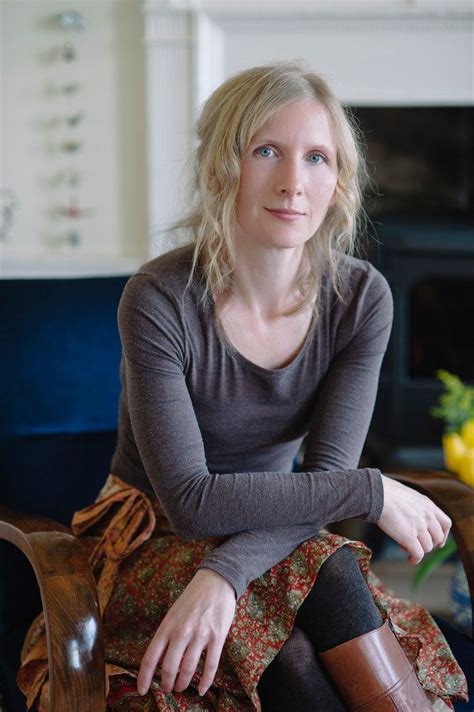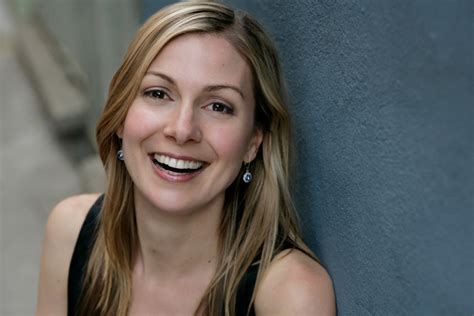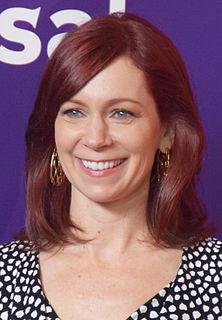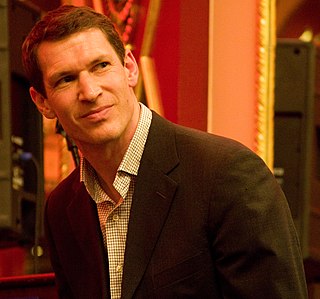A Quote by G. Willow Wilson
It's very difficult to balance different audiences and talk to each one without selling the others short. There is no universal literature - or, if there is, I don't know how to write it.
Related Quotes
People cannot stand the saddest truth I know about the very nature of reading and writing imaginative literature, which is that poetry does not teach us how to talk to other people: it teaches us how to talk to ourselves. What I'm desperately trying to do is to get students to talk to themselves as though they are indeed themselves, and not someone else.
I have tons of stuff that, you know, seems like it's a well-constructed sentence but it is not how people talk, it's how people write. So that's why I think it's sometimes easier for me to write for actors 'cause I know what's frustrating about, you know, sentences that come out just perfect. Well, who talks like that? And who of us don't overlap each other? Except on the radio, hopefully.
If you listen to two people who are arguing about something, and they each of them have passionate faith that they're right, but they believe different things---they belong to different religions, different faiths, there is nothing they can do to settle their disagreement short of shooting each other, which is what they very often actually do.
I started writing the book without realizing I was writing a book. That sounds stupid, but it's true. I'd been trying and failing to make a different manuscript work, and I thought I was just taking a break by writing some short stories. I'm not a very good short story writer - the amazing compression that is required for short stories doesn't come easily to me. But anyway, I thought I'd try to write some short stories. And a structure took shape - I stumbled upon it.
We will never know peace in the world without balance. And we will never know balance without justice for all. Yet, justice exists only where there is fairness and equality -- when every man and country is treated and viewed equally. My father believes that there is no such thing as justice because all his life he has witnessed the tipping of the scales. We must change this widespread mentality by making equality a reality, not just something we read and hear about on the TV and in literature.






































